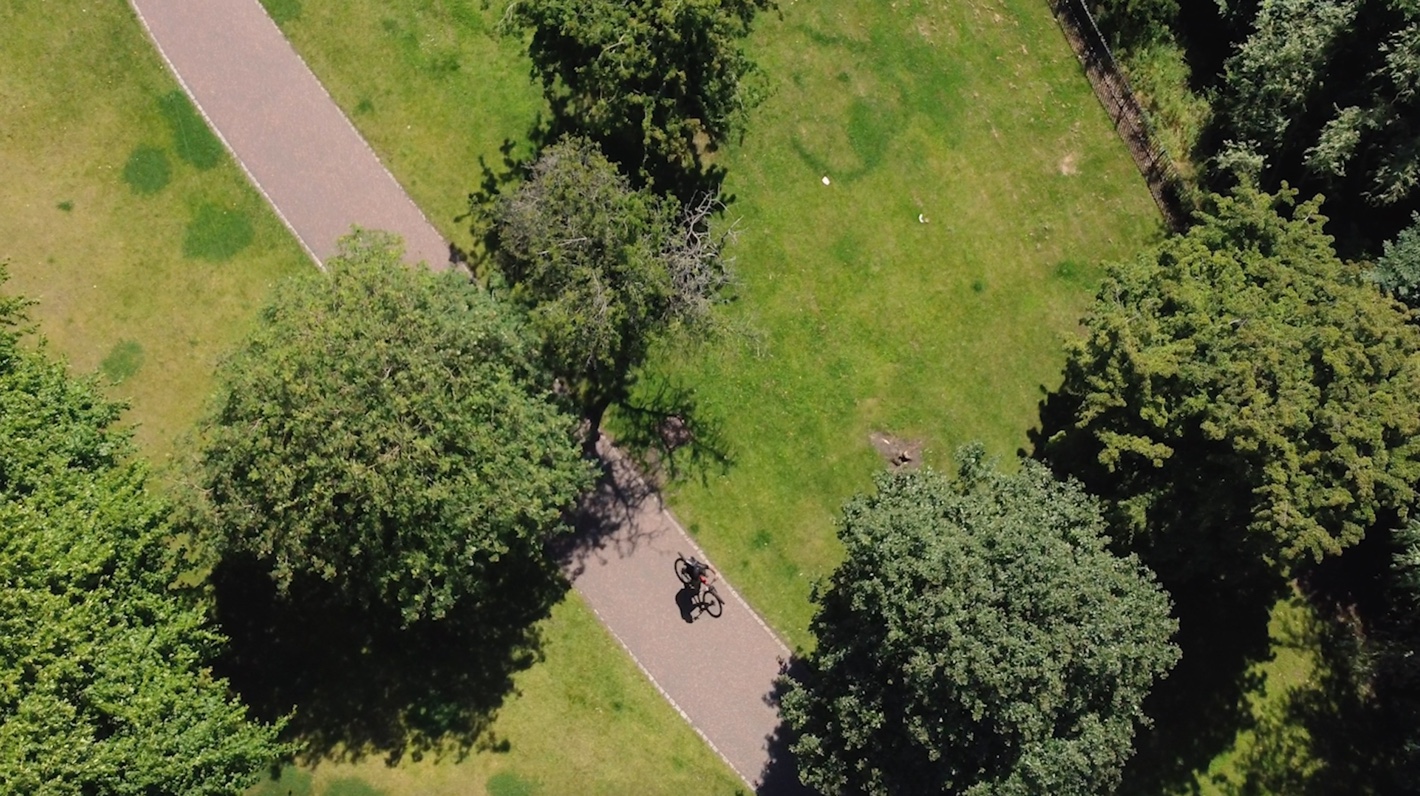
Bus companies ignore fund set up to help them reduce air pollution
A special fund set up by the Scottish Government to pay for improvements to buses to reduce air pollution is going unspent, with no major bus company applying since the fund opened last October. The scandal was revealed in The Ferret/ Sunday National today. The fund, which closes on Friday 8th March is worth £7.89 million was set up to help deliver the new Low Emission Zone in Glasgow and is open to bus companies.
Bus operators are supposed to apply to the fund for money to pay for replacement exhaust systems to be fitted to older buses, bringing emissions up to modern standards. Bus companies had complained about the costs of upgrading their fleet to meet air quality standards in new Low Emission Zones. The total funding would upgrade about 450 buses.
Friends of the Earth Scotland Air Pollution Campaigner Gavin Thomson said:
“This is a disgrace. Glasgow’s major bus companies are clearly more interested in profit than in saving lives. Public money has been available for 5 months to improve air quality on our streets, but it’s not being used. Companies seem happy to profit from older buses that continue to belch out toxic fumes on our streets. Because of their inaction, there’s been no improvement to air quality, and no change to the huge health impacts suffered from air pollution.
“This ‘idling’ from the bus companies means there has been 5 months of preventable emissions from buses, of higher levels of pollution than there should be, of more children with asthma, more strokes and heart attacks.
“The £7.89 million would retrofit 450 buses. The Scottish Government has made this huge pot of cash available but the big bus companies seem uninterested in using it to clean up their fleet.
“Glasgow’s Low Emission Zone has already launched, but it gives bus companies years to get their dirty old vehicles off the streets. The Council need to push every bus company that operates in the city to upgrade their fleet. This is a public health issue and isn’t being treated seriously. We need cleaner air now, the money is there, the bus companies are sitting on their hands”.
“The real fear is that the money that has been made available will not be rolled-over or go into another fund. Bus companies need to use this money now to clean up their fleet and improve air quality in Scotland’s cities”.
Get Glasgow Moving campaigner Ellie Harrison said:
“This is outrageous behaviour from private bus companies. It’s disgusting that they would delay improving their vehicles, even though the taxpayer is paying for it!
“Unfortunately, this sort of irresponsible behaviour is what we’d expect from an industry that changes routes, hikes up fares, and cuts off working-class communities without any notice. This irresponsible behaviour from bus operators has to stop. Hopefully, the Scottish Government and MSPs will see we need greater transparency of the industry and an option for public ownership of buses.”
ENDS
Notes to Editors
- Coverage in The Ferret / Sunday National (Sunday 3rd March). https://theferret.scot/bus-failure-fumes-disgrace/
- Retrofit process explained. http://www.eminox.com/retrofit
- The BEAR Scheme, of £7.89m, has been open since October 2018. No funding applications have yet been received from major bus operators. It is a Transport Scotland fund administered through the Energy Savings Trust. The fund closes 12noon, Friday 8th March. https://www.energysavingtrust.org.uk/scotland/businesses-organisations/transport/scottish-bus-emissions-abatement-retrofit-programme
- Bus companies have claimed they are getting more money per bus in England. ‘Scots give thumbs down to Scots bus retrofit grant rate’. Andrew Fraser in page 5 of Local Transport Today, 1st February 2019. https://www.transportxtra.com/publications/local-transport-today/news/60149/operators-give-thumbs-down-to-scots-bus-retrofit-grant-rate
- Transport for London estimate a cost of £17,500 per bus for retrofit. Page 4. http://content.tfl.gov.uk/pic-20170628-item14-euro-vi-bus-nox.pdf
A fund of £7.89m would therefore retrofit approximately 450 buses. - A report commissioned by Transport Scotland estimated that there were just over 800 buses in Glasgow in 2017. Approximately 15% of these (125 buses) were already Euro 6 in 2017. 83% of the buses were Euro 3,4, or 5 (683). https://www.transport.gov.scot/media/43653/developing-cost-estimates-for-low-emission-zones-in-scotland-sept-2017.pdf
- The Glasgow Low Emission Zone means that 20% of bus fleets passing through the area must be Euro 6 standard when the Zone began on 31 December 2018., 40% to meet Euro 6 by the end of 2019, 60% by 2020, 80% by 2021 and 100% by 2022. https://www.lowemissionzones.scot/glasgow-low-emission-zones
- First Glasgow have been vocal about the cost of complying with Low Emission Zones. https://www.bbc.co.uk/news/uk-scotland-scotland-business-45784417
- First has purchased new buses with funding from the Green Bus Fund – a separate fund. https://www.intelligenttransport.com/transport-news/73984/low-emission-buses-glasgow/
- Get Glasgow Moving is the campaign for a world-class, fully-integrated & accessible, publicly-owned, public transport network for everyone in Glasgow.
http://www.getglasgowmoving.org - Friends of the Earth Scotland is
* Scotland’s leading environmental campaigning organisation
* An independent Scottish charity with a network of thousands of supporters and active local groups across Scotland
* Part of the largest grassroots environmental network in the world, uniting over 2 million supporters, 75 national member groups, and some 5,000 local activist groups.
www.foe.scot
